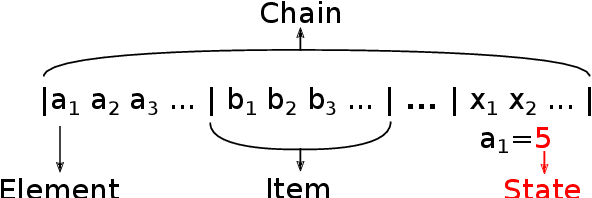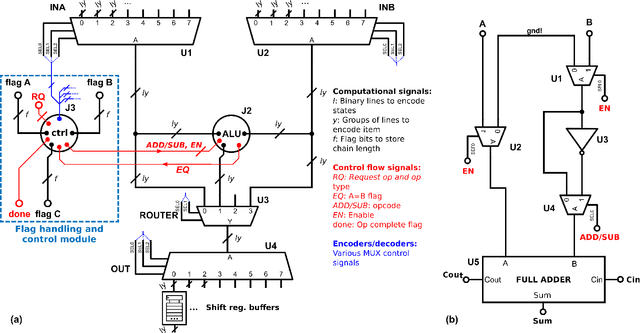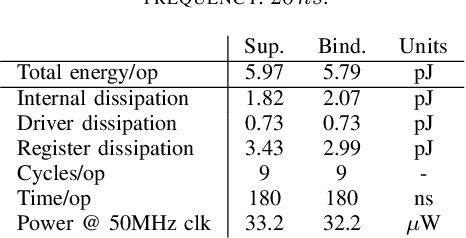I. Kobyzev
A semi-holographic hyperdimensional representation system for hardware-friendly cognitive computing
Jul 15, 2019



Abstract:One of the main, long-term objectives of artificial intelligence is the creation of thinking machines. To that end, substantial effort has been placed into designing cognitive systems; i.e. systems that can manipulate semantic-level information. A substantial part of that effort is oriented towards designing the mathematical machinery underlying cognition in a way that is very efficiently implementable in hardware. In this work we propose a 'semi-holographic' representation system that can be implemented in hardware using only multiplexing and addition operations, thus avoiding the need for expensive multiplication. The resulting architecture can be readily constructed by recycling standard microprocessor elements and is capable of performing two key mathematical operations frequently used in cognition, superposition and binding, within a budget of below 6 pJ for 64- bit operands. Our proposed 'cognitive processing unit' (CoPU) is intended as just one (albeit crucial) part of much larger cognitive systems where artificial neural networks of all kinds and associative memories work in concord to give rise to intelligence.
 Add to Chrome
Add to Chrome Add to Firefox
Add to Firefox Add to Edge
Add to Edge